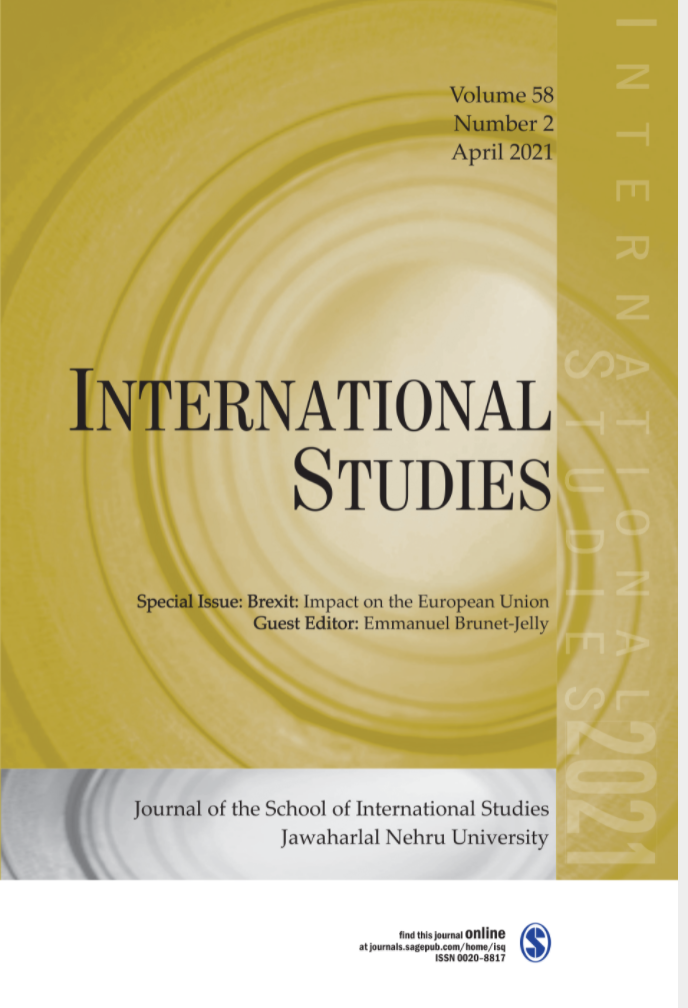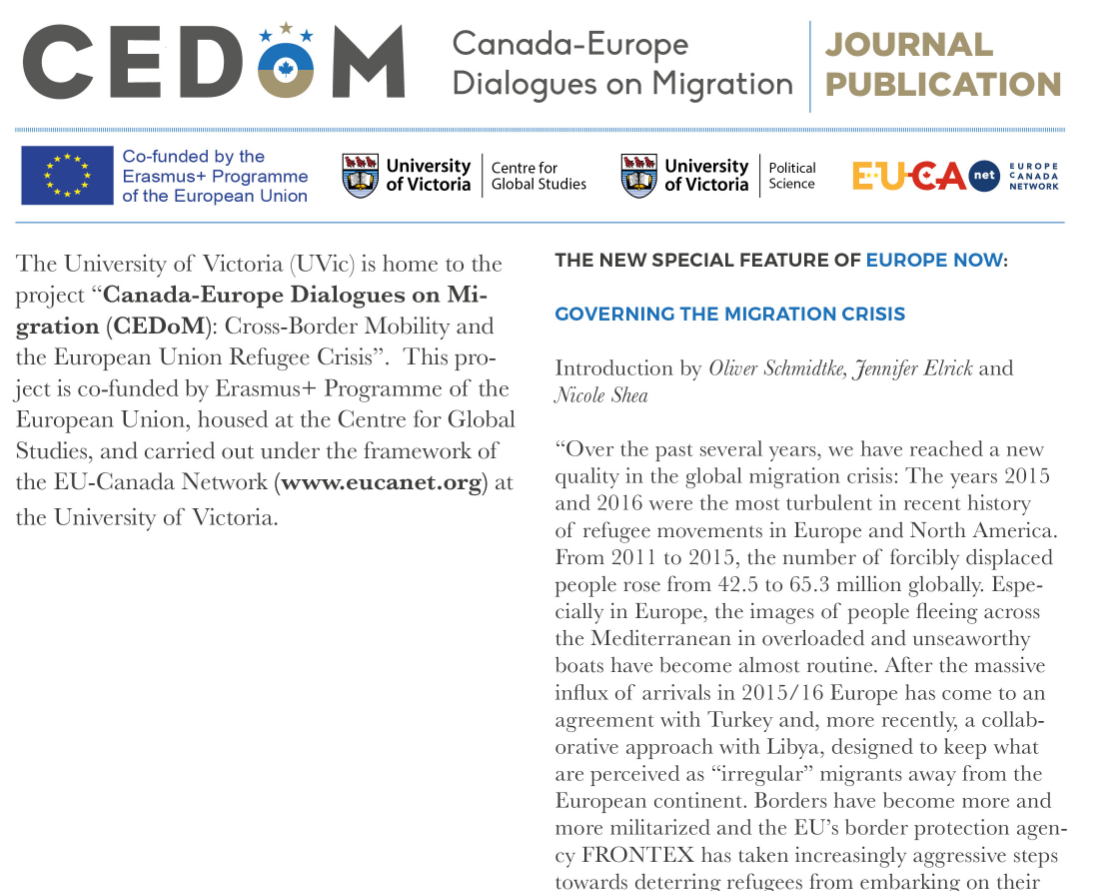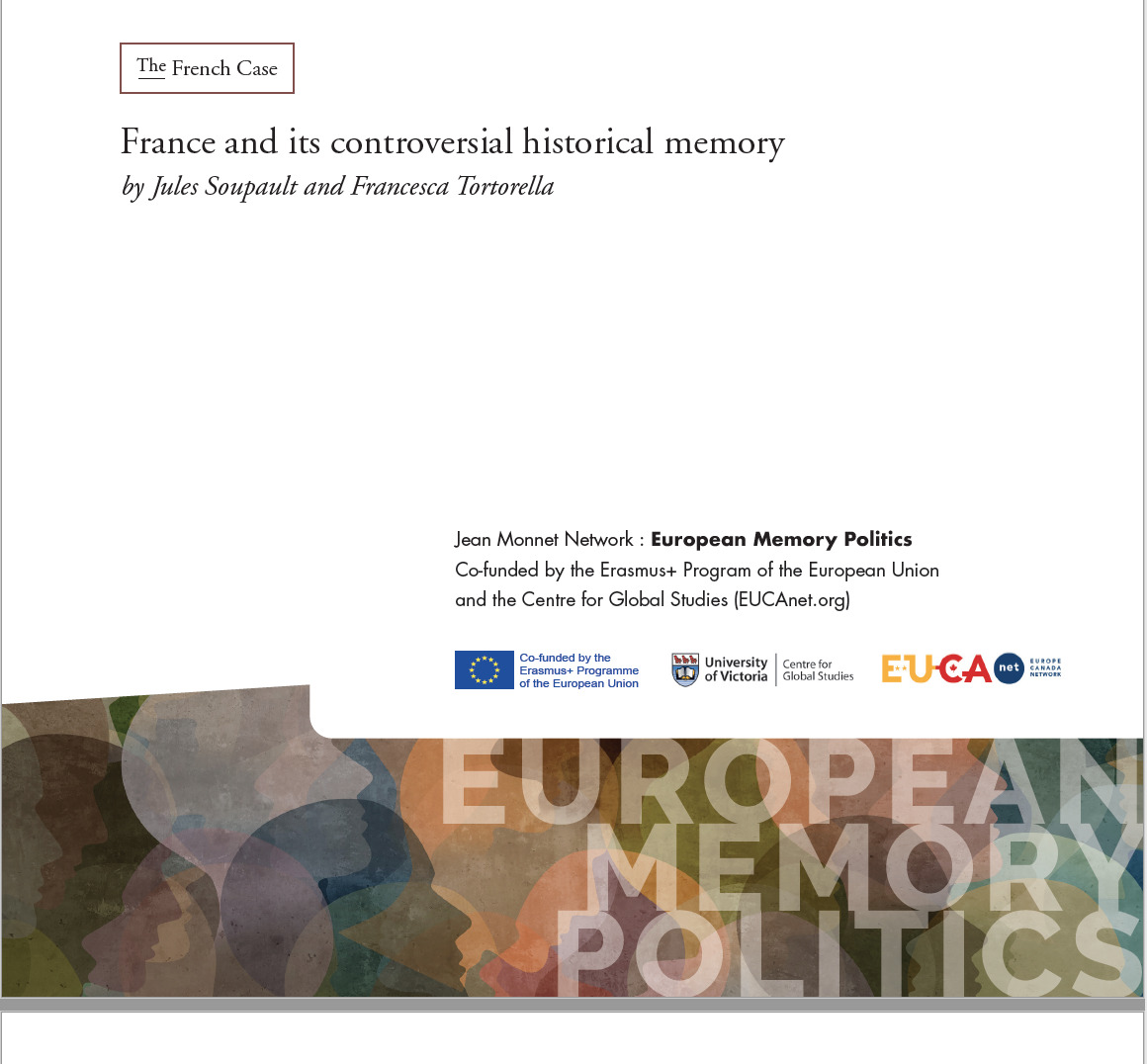‘Winning Back Control’: Migration, Borders and Visions of Political Community
Schmidtke, Oliver (2021). ‘Winning Back Control’: Migration, Borders and Visions of Political Community. International Studies pp. 1–18. Sage.
This article focuses on the governance of migration and borders as key issues of Brexit in a dual sense: as a contested political issue centrally fueling the Brexit debates and as an area of policy formation. First, the article addresses how Brexit has changed free movement as a key principle of the European integration project and transformed cross-border mobility between the European Union (EU) and the UK in a post-Brexit European border regime. Second, it discusses how the politicization of migration during the Brexit campaign has accentuated competing visions of political community. With a view to the effects of Brexit on the governance of migration and borders in Europe, the article demonstrates how the Brexit debates have emphasized the prominence of exclusionary nationalism, while they have simultaneously created new opportunities for the EU to launch a major reform of its migration and asylum policies.
Summary of the article by Fazila Mat
The governance of borders and migration has taken on a central role in the Brexit debates and the policy challenges resulting from the UK leaving the EU at the beginning of 2021. The political dynamic of the Brexit process illustrates how intimately the governance of borders and migration is tied to the popular perception of, and reaction to, European integration. One seemingly paradoxical picture in this respect is that the freedom of movement for EU citizens is one of EU’s most significant achievements. Yet, the same freedom has also become one of the most contentious issues driving scepticism towards Brussels across the continent.
Exploring the significance that the issue of migration and borders has taken on during the Brexit campaign and implementation process, this article examines migration as an area of public policymaking and as a contested issue in public debate that encapsulates some core political ambitions of the Brexit project at large. Accordingly, Schmidtke argues that the way in which the issues of borders and migration were politicized in the wake of the ‘Leave campaign’ has provided the vital discursive environment for policy initiatives in the field.
In this context, the broader narrative of reconstituting national sovereign, framed as an attempt to ‘take back control’, allowed Brexit advocates to bridge two decisive frames of the public debate: anti-immigration sentiments and the criticism of the EU as an institution that is accused of undermining the country’s sovereignty by a supranational prerogative in key areas of public policymaking. In this respect, the public debate on migration and borders took on a meaning that exceeded particular policy challenges in this field. Moreover, The Brexit debate highlighted different political imaginaries and collective identities with a particular focus on who can legitimately claim to be a citizen, and who belongs and who does not.
In terms of the immediate policy implications, “the anti-immigrant rhetoric mobilized as part of the Leave campaign will have a lasting impact on a post-Brexit approach to governing borders and migration in the UK and Europe more broadly”, notes Schmidtke. Indeed, the conservative government has set the course for restrictive immigration policies that will likely be narrowly focused on the UK’s national interests and adverse to multilateral cooperation or humanitarian commitments towards refugees.
As for the EU, “Brexit has demonstrated the divisiveness of issues related to governing migration and borders, as well as their corrosive potential for the process of European integration. At the same time, the political effects of the Brexit experience have accentuated the urgency to develop a sustainable path towards an effective and politically viable European migration and refugee policy”, he adds. Somewhat ironically, the Leave campaign and the ensuing public debate on Brexit have led to an endorsement of tighter migration rules that are at odds with the freedom of cross-border mobility as a foundational feature of European integration and that, simultaneously, are in line with the EU’s recent decisions to strengthen and securitize its external borders.










